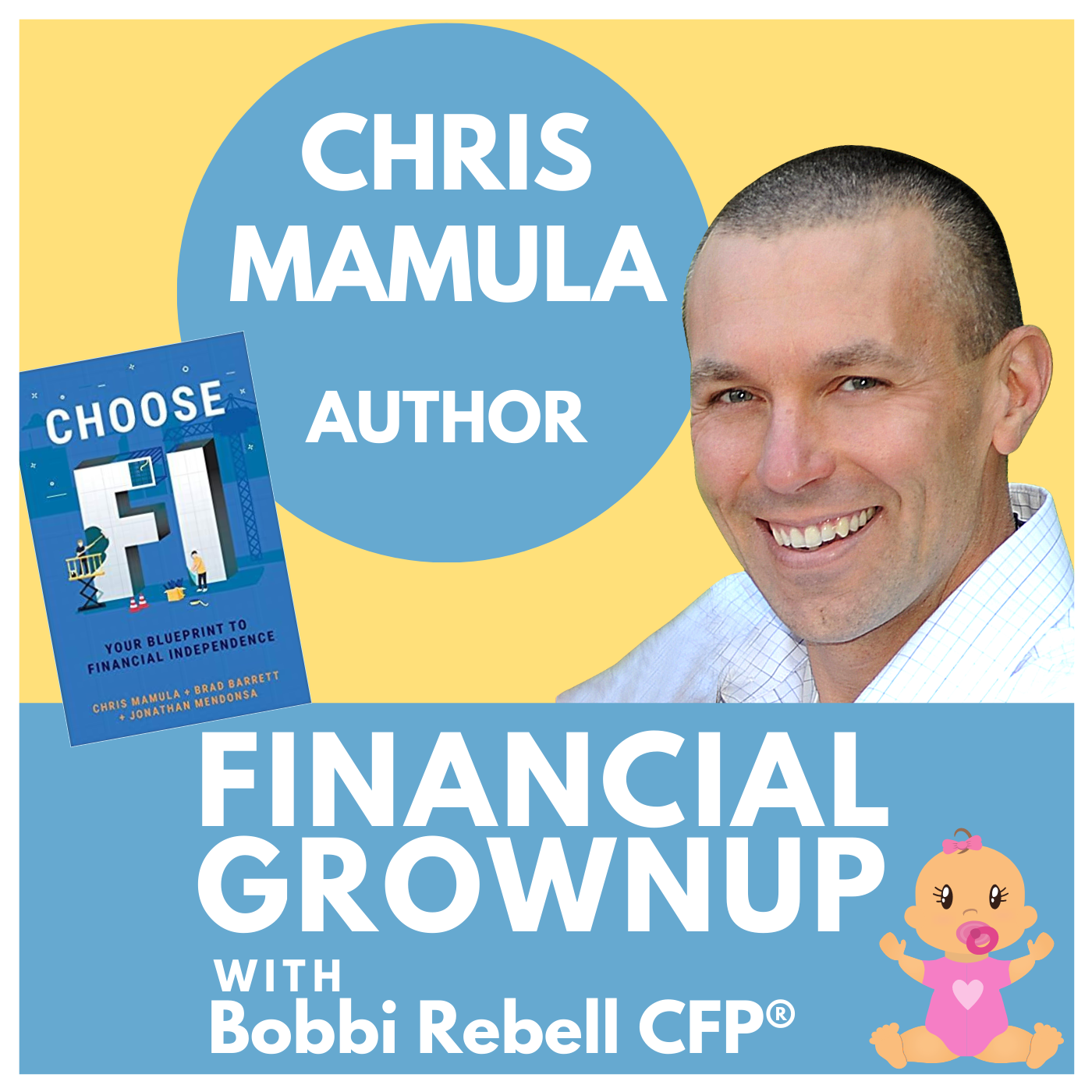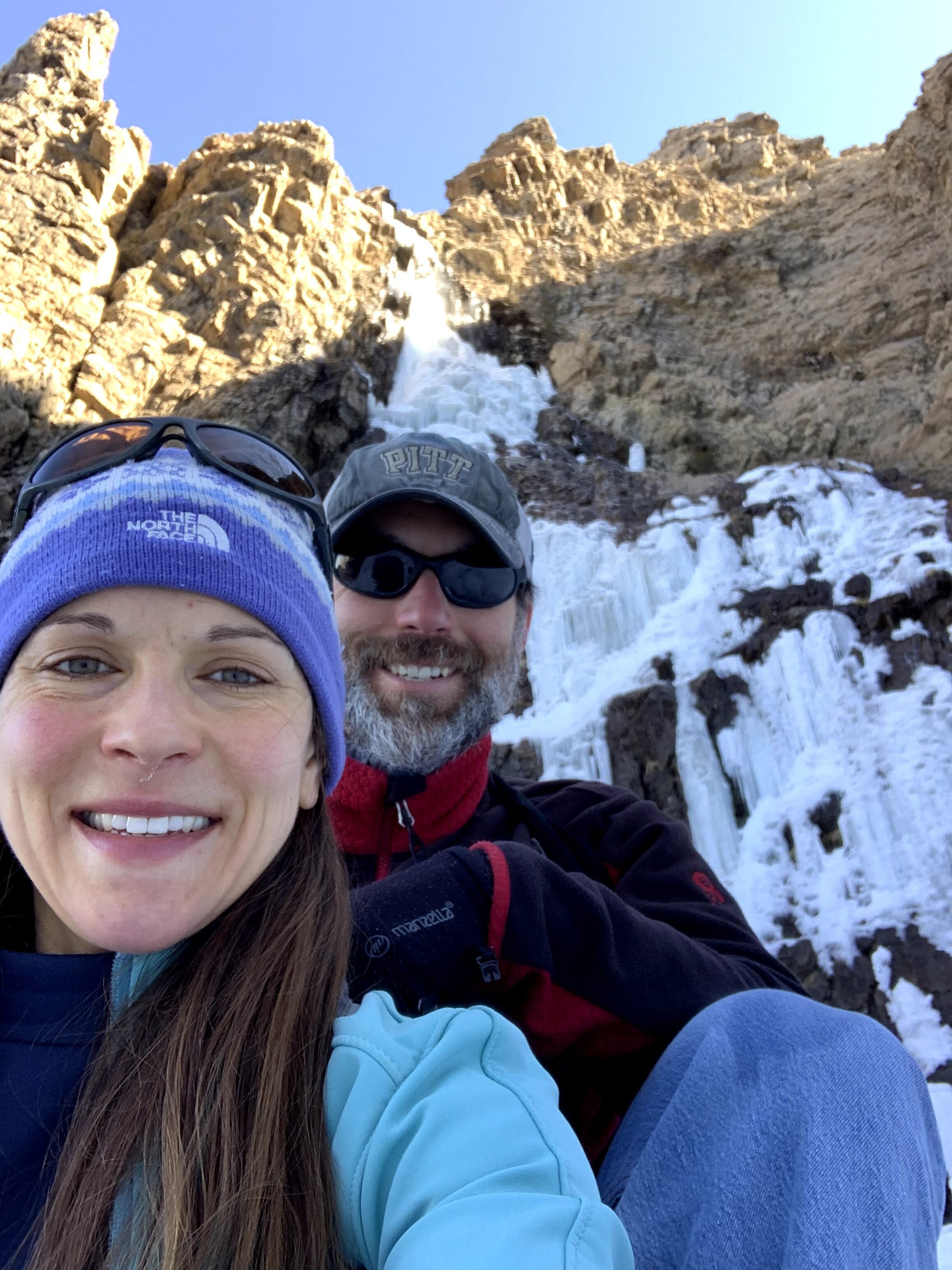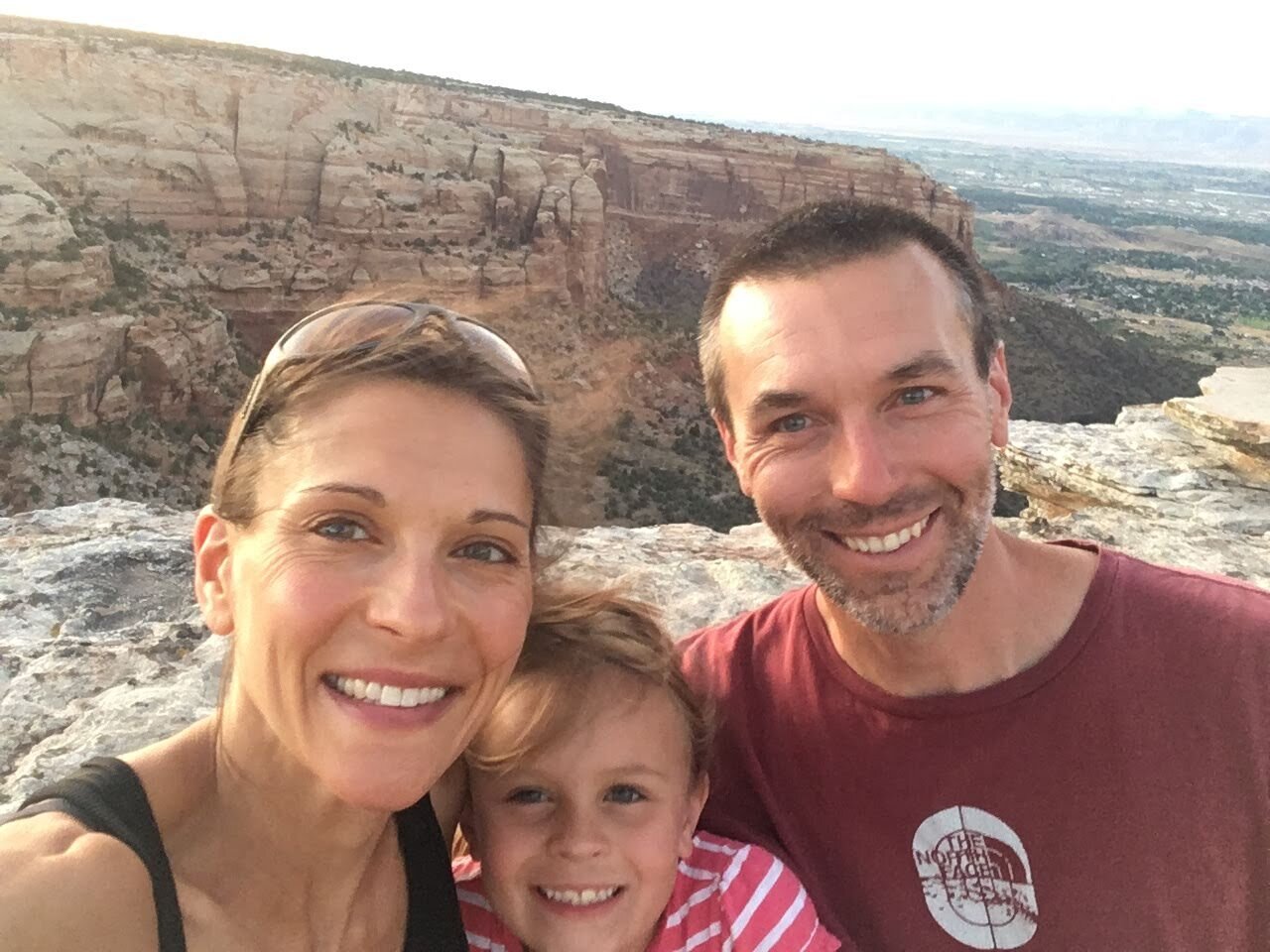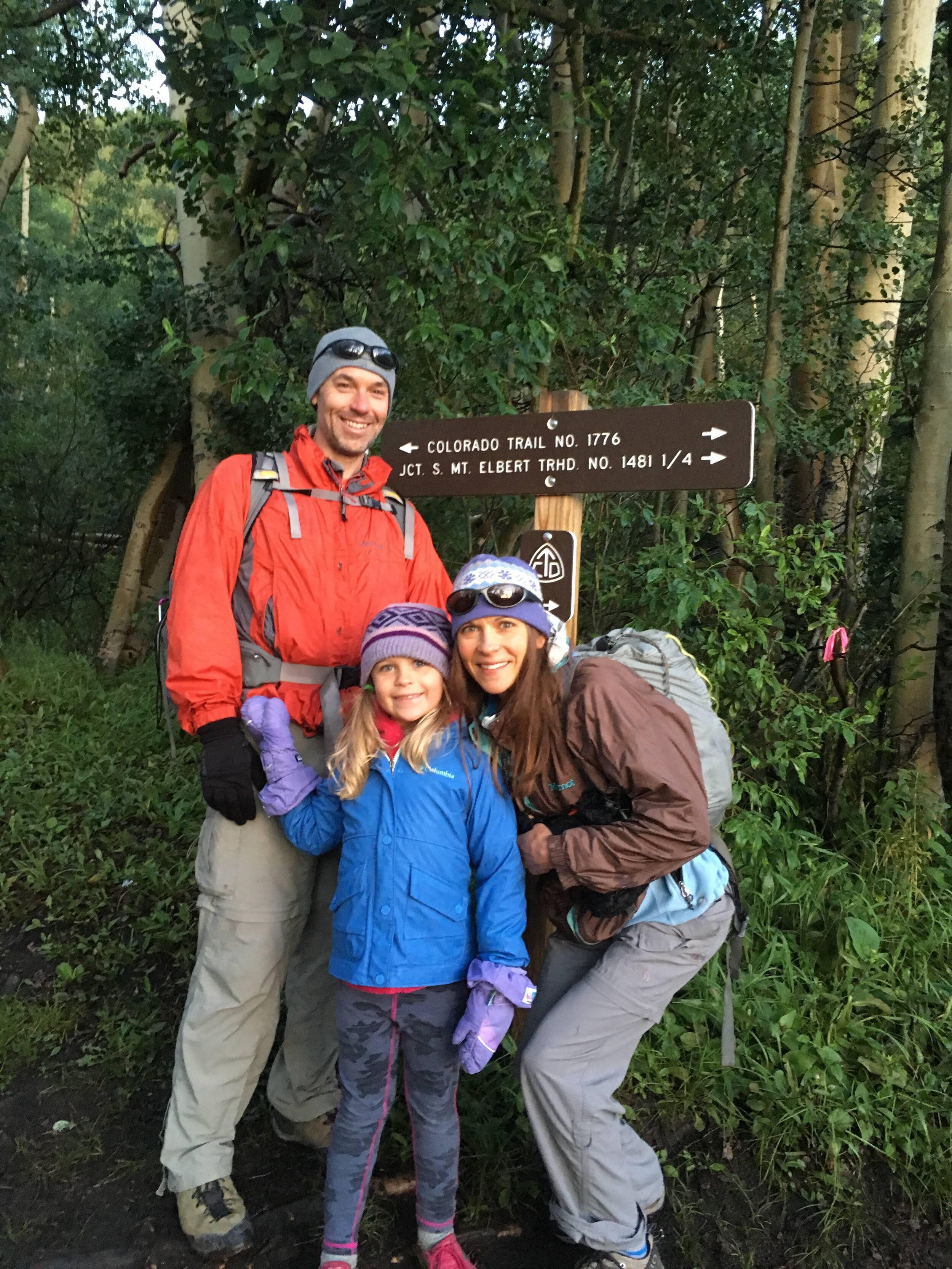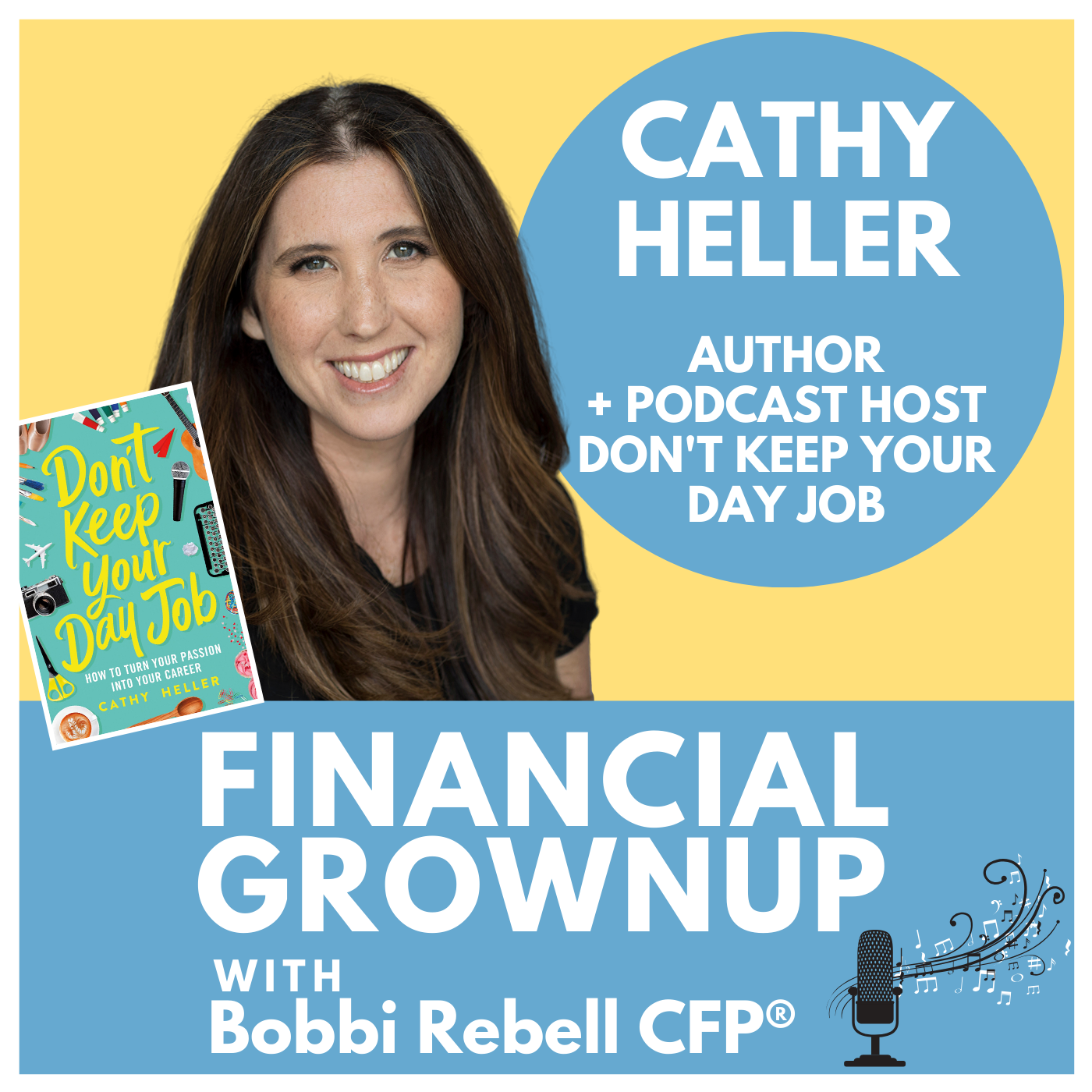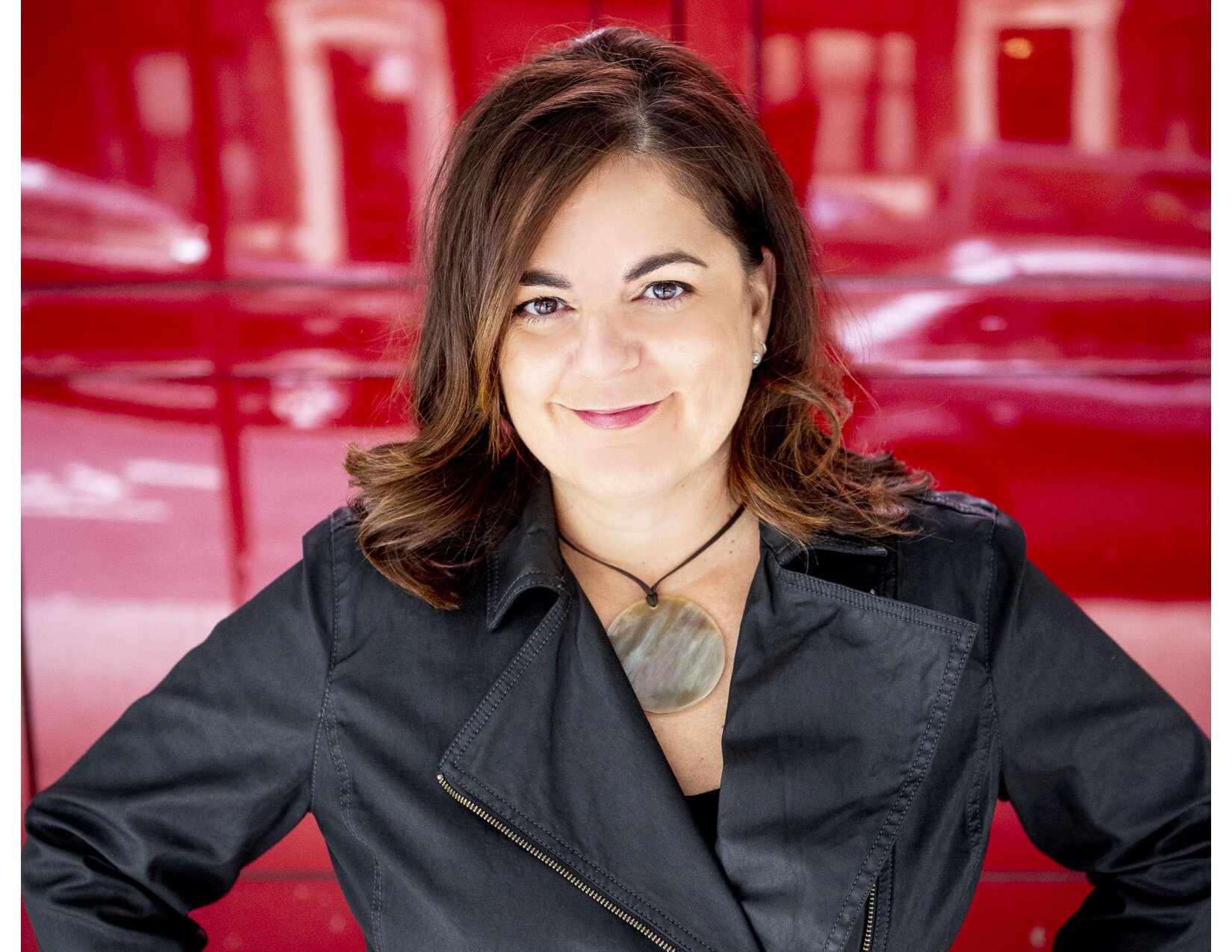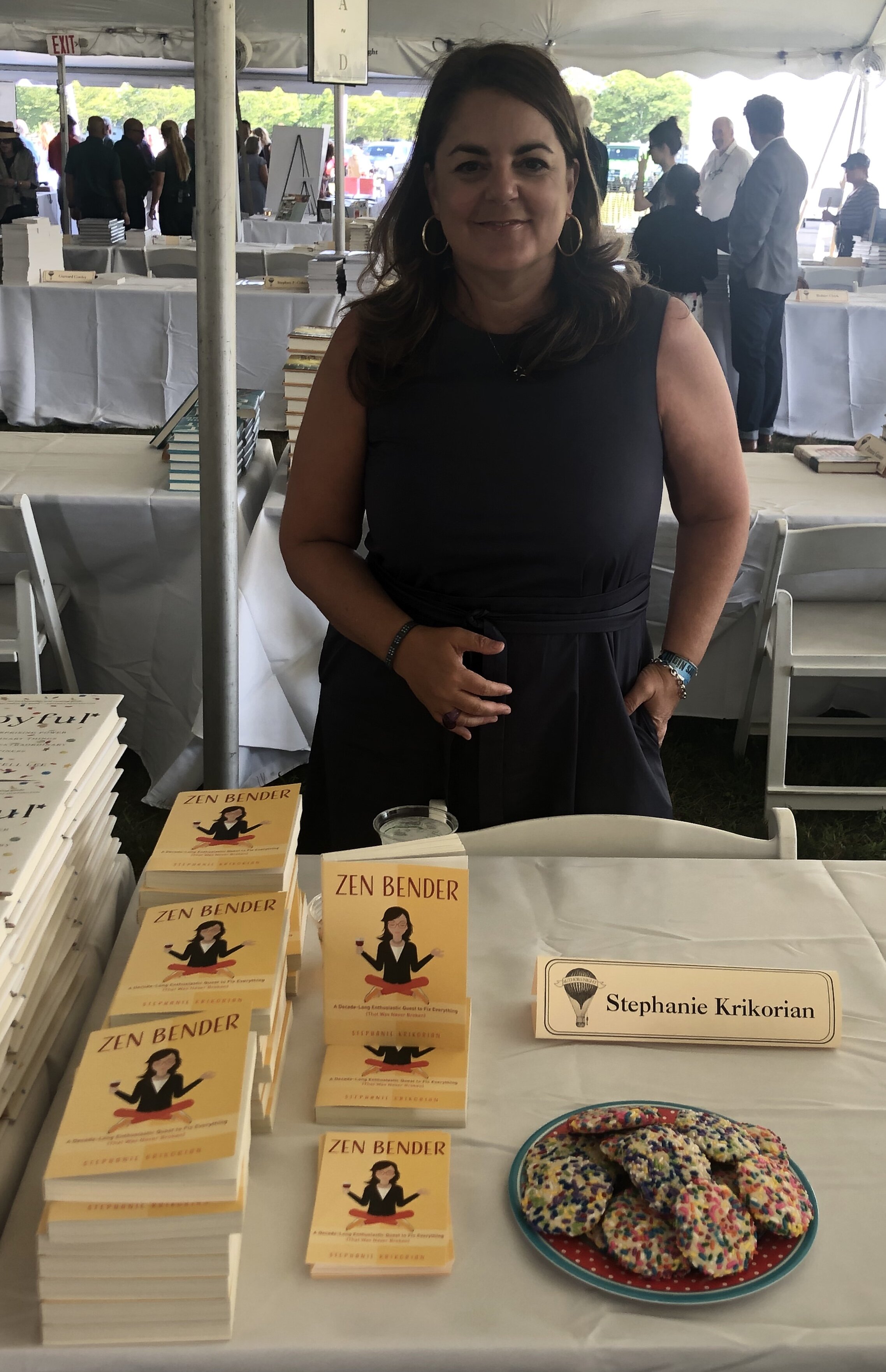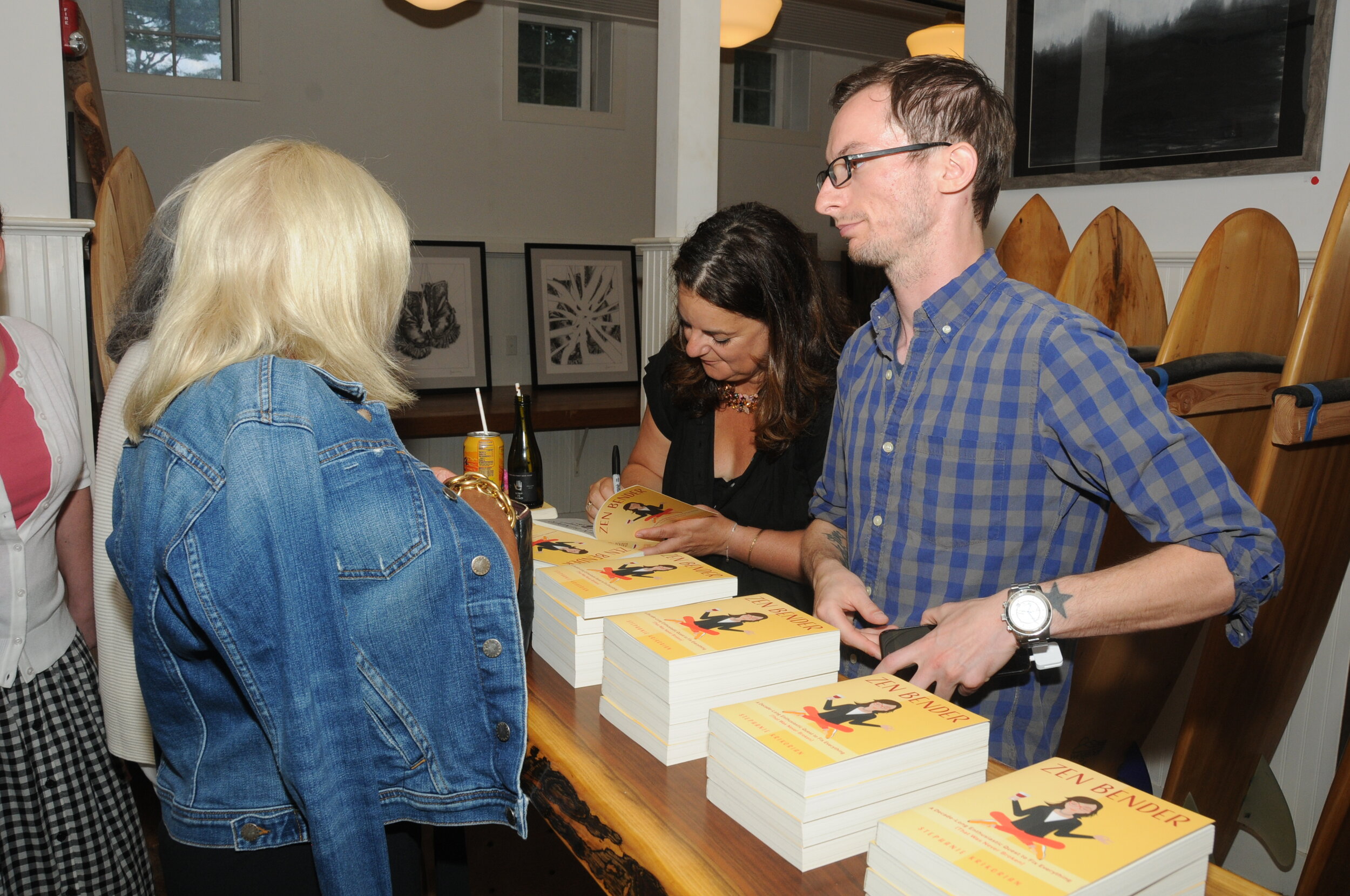Learn how physical therapist Chris Mamula changed his whole financial path after experiencing two major life events. Chris shares the key steps he took to achieve financial independence on his own terms. Plus a money tip that will change how you approach gift giving.
Chris’ Money Story:
Chris Mamula:
It's kind of funny that I'm on the financial grownup show, because I spent the first decade of my adult life doing everything to avoid being a grownup. The only motivation I had at all for learning about finance was how to escape work. And I wanted to basically be a ski bum or a climbing dirt bag, and that was kind of my motivation in life. My wife and I, we were married right after I got out of grad school. And we didn't think we could have kids, and so we were just looking for a way to escape the normal lifestyle. We were kind of in the process of doing so. We were going to move west in, this was probably 2012. My wife had a job offer in Utah with a company that manufactures ski gear and climbing gear. And it was kind of this dream thing, and I was just going to quit my job and we were going to wing it.
Chris Mamula:
And we had no idea what we were doing financially. And after a decade of thinking we couldn't have kids, we found out she was pregnant. And so that was the first shock. So we decided to kind of stay local where our family was so they could help us raise her and just have some support, and also so we could figure things out financially. And at the same time this was happening, my cousin and one of my favorite people in the world, she was diagnosed with cancer and she had multiple kids. And so we were really involved with helping her and helping her family. She ended up passing away about a month before my daughter was born. And so I just had this confluence of events where the highest of high of having a new child who we didn't think we could have, and this, I don't know how spiritual people are, but I kind of consider it a miracle after a decade of thinking that it wasn't even possible for us.
Chris Mamula:
And at the same time watching my cousin who kind of did everything right and she was in the process of dying, and then, like I said, she actually passed a month before my daughter was born. And it really kind of made me just question everything and say, you only have one shot at life. And I wanted to be there for my daughter and I still wanted to live this dream of pursuing this outdoor passions I had. And so how could I figure out how to just build a different way of life? And that's what kind of drew me into this FIRE community, and we ended up doing that.
Bobbi Rebell:
First of all, I am so sorry for the loss and I can only imagine how painful that must have been. What changes did it inspire in you specifically? I know we can make a blanket statement, it brought you into the FIRE community, which is Financial Independence Retire Early. But what specifically changed because of the birth of your daughter and then the loss of your cousin?
Chris Mamula:
Yeah. Something we worried about in the book is this idea of having an awakening. The gentleman who kind of, his name is Dominic Quartuccio, who discussed this concept when he was on the Choose FI Podcast. But he talked about how a lot of times we're aware of things. We're all aware that eating a terrible diet is bad for us or smoking is bad for us. Awareness though generally doesn't drive people to change their behavior and you need to have this traumatic incidents to have an awakening. And I think for me, that awakening was just stepping back, and these things that I've been avoiding for the first decade of figuring out my finances and figuring out how to design a different way of life, it was always there. It wasn't like it wasn't out there, but I just never went looking for it. I don't think I was dissatisfied enough, I guess.
Chris Mamula:
And then when I saw, I had my daughter, and I had this opportunity and I watched my cousin pass, and it kind of made me just get serious. And so I went out and I started finding this information, like I said, it was there all along, but until I had the awakening to go pursue change and actually take action, I was just kind of drifting through life. And I was following really bad financial advice because I never questioned anything, I just always assumed that it was too hard for me, and you needed an advisor and I couldn't figure this stuff out. And what I found, it was really quite simple once I took the time to sit down and just devote a few hours to it. But I'd wasted a decade and tens of really hundreds of thousands of dollars in fees and taxes by following bad advice because I never took the time to learn and to become a grownup.
Bobbi Rebell:
And you were married at this time. Tell me about your wife's role in all of this. Was she on board right away? Had this been something that previously had caused friction in your marriage, the financial, maybe just not paying attention to your money?
Chris Mamula:
My wife and I, we were kind of always on the same page financially. A lot of people think that to become wealthy you have to come from wealth, and we were definitely not that story. I think our biggest advantage is both of us came from fairly meager backgrounds financially, and so within a year or two of starting my career as a physical therapist, I just kind of became, I guess I would say disenchanted with the American medical system and I knew I wanted out. And so for me, saving and becoming this dirt bag ski bum, it was just a way of a totally different way of life. It was kind of a way of escape.
Chris Mamula:
For my wife, she came from a similar financial background, but her family struggled a bit more than mine. And for her saving was just safety, so we always saved. We lived off one salary and saved the other, so we were always doing well there. We just never took the time to learn the technical parts. And once we did start learning, I mean, we were able to save 10 to $20,000 a year in unnecessary taxes and fees that we had been paying without losing anything of quality. So it definitely didn't cause any friction, we were on the same page there all along.
Bobbi Rebell:
Give me one example of something that you changed after your daughter was born.
Chris Mamula:
When we started investing, really the only option we had when we started was to use a commissions based advisory, meaning they're paid on commissions for selling you products. And so the advice he gave us was to invest with him because he could have quote better options than we had in our 401k plan. So we bypassed that 401k plan. So just in income taxes every year we were saving enough we could have maxed them out, but we left probably $20,000 on the table, if not more. And at a 25% tax bracket, right there if it's 20,000, that's $5,000 in income taxes. And then you're investing it in a taxable account, so there now you're going to start generating taxes on your investments, which would be protected if they were in that account. So now we're talking about extra taxes there.
Chris Mamula:
And then over time, those fees, because of the account adds up, the fees that are charged on the assets in that account start to add up. So again, it was between 10 to 20,000. I actually broke down in a blog post how much we were paying, and it was 10 or $20,000 a year just for bad advice. And it wasn't like we did this one time where we got ripped off. It kind of made sense. The way he talked, it made sense and we bought into it, and we did this for a decade.
Chris’ Money Lesson:
I think the lesson there is, I think a lot of people, they wait for that cancer diagnosis, the divorce, the death, something like that to kind of shock them into making changes. What I want to kind of convey and what we're trying to convey in the book is that you don't have to wait to have disaster strike to have this awakening. If you have this awareness but then you see that there is a different possibility on the other side and you know which steps to take, you can start to make change on your own. And that's really what we encourage people to do and that's the lesson I would like to convey.
Chris’ Money Tip:
Chris Mamula:
Figure out what is that thing that lines up with your values. And so for us, it was travel. Instead of taking the time and the money to buy things for gifts, we really took that time and applied it to scheduling vacations and to plan vacations. We took some big trips. So again, I think a lot of people think FIRE is an extreme lifestyle where you give up everything. On our path to FIRE we've been to Africa, we climbed Kilimanjaro and did a safari. We've been to Australia and dove the Great Barrier Reef. We've been to the Super Bowl. So we've done a lot of things that we valued. We value experiences and we value time together, so we spend our time on those types of things.
Bobbi Rebell:
Basically spend time together instead of just purchasing items?
Chris Mamula:
Yes.
Bobbi Rebell:
Well said.
Bobbi’s Financial Grownup Tips:
Financial Grownup Tip #1:
This may sound a little bit harsh. Okay. Well, I am not part of the Financial Independence Retire Early movement, AKA FIRE. I am a big advocate for not spending your life at a job that makes you unhappy just for the money or the prestige. But I do also want to remind everyone that your dream job, which maybe is doing really good things for people that you feel really good about, is actually not a dream job if it doesn't pay you well enough to live the lifestyle you want. And be honest about the lifestyle that you want, my friends. Give yourself permission to take a job for the money within reason. Don't be totally miserable, don't get me wrong here. But if the money gives you the freedom to do the stuff you want to do outside of work, it's called work for a reason guys. That's okay. Work can be a means to an end, meaning get you to the way that you want to live. Things you love to do but don't pay are called hobbies.
Financial Grownup Tip #2:
If you're thinking about or a part of the FIRE movement, I admire your ambition and your drive. I don't have it in me to do the kind of sacrifices that so many of you make. But for the millions of people who are struggling just to pay their bills right now as we go through this historically painful recession, please be gentle on yourselves. Not everyone can save 50, 60, or 80% of their salary, even if you read every book on financial independence and do everything you can to adhere to the FIRE approach. Sometimes just making ends meet is pretty amazing too, so cut yourself a break.
Episode Links:
Chris’ website - www.caniretireyet.com
Chris’ book Choose FI: Your Blueprint to Financial Independence
Follow Chris!
Twitter - @caniretire_yet
Some of the links in this post are affiliate links. This means if you click on the link and purchase the item, I will receive an affiliate commission at no extra cost to you. All opinions remain my own.



